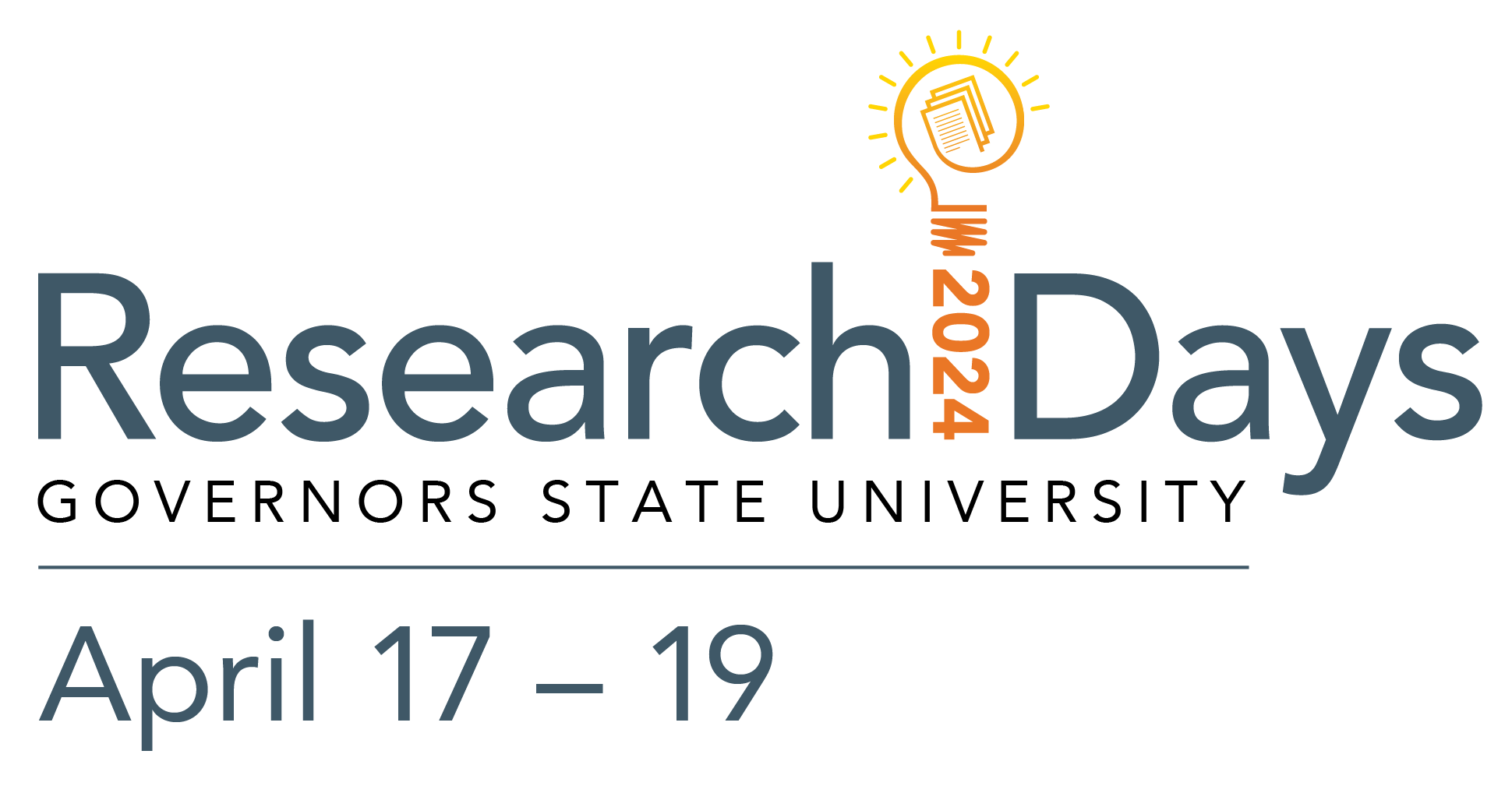Type of Presentation
Poster Session
Location
University Library
Start Date
4-18-2024 11:45 AM
End Date
4-18-2024 1:15 PM
Description of Program
Illiteracy is becoming an increasing issue for Children in the United States. My poster discusses the measurable causes of low reading proficiency, as a way to start identifying solutions for this problem.
Abstract
Illiteracy means, “a lack of ability to read or write.” To be considered literate, you must achieve at least a fourth grade reading level because to learn other subjects in fourth grade, you must be able to read. According to the NAEP (National Assessment of Education Progress), over half of children read below their grade level. Murnane, Sawhill, and Snow explain, “Over the past forty years literacy skills scores on assessment tests have not improved much—in sharp contrast to sizable increases in math scores over this same period,” (10). We see the firsthand effects of low reading proficiency in children. Donald Hernandez demonstrates in his report Double Jeopardy: How Third Grade Reading Skills and Poverty Influence High School Graduation, “One in six children who are not reading proficiently in third grade do not graduate from high school on time,” (3). I aspire to be an elementary educator; I care about this problem since I will have the first-hand opportunity to make a change. This presentation will explore the measurable causes of low reading proficiency in children. Using scholarly articles, I determined the three main factors to be the student’s mentality, adult involvement, and both the family’s socio-economic status and the school’s financial support.
Bio: My name is Alyssa Dillinger, and I am a first-year student-athlete at Governors State University. I am planning to major in Elementary Education and become a first-grade teacher.
Sources: Hernandez, Donald J. "Double jeopardy: How third-grade reading skills and poverty influence high school graduation." Annie E. Casey Foundation (2011). Murnane, Richard, Isabel Sawhill, and Catherine Snow. "Literacy challenges for the twenty-first century: Introducing the issue." The future of children (2012): 3-15.
Faculty / Staff Sponsor
Laura White
Presentation File
wf_yes
Children's Illiteracy: What Causes It?
University Library
Illiteracy means, “a lack of ability to read or write.” To be considered literate, you must achieve at least a fourth grade reading level because to learn other subjects in fourth grade, you must be able to read. According to the NAEP (National Assessment of Education Progress), over half of children read below their grade level. Murnane, Sawhill, and Snow explain, “Over the past forty years literacy skills scores on assessment tests have not improved much—in sharp contrast to sizable increases in math scores over this same period,” (10). We see the firsthand effects of low reading proficiency in children. Donald Hernandez demonstrates in his report Double Jeopardy: How Third Grade Reading Skills and Poverty Influence High School Graduation, “One in six children who are not reading proficiently in third grade do not graduate from high school on time,” (3). I aspire to be an elementary educator; I care about this problem since I will have the first-hand opportunity to make a change. This presentation will explore the measurable causes of low reading proficiency in children. Using scholarly articles, I determined the three main factors to be the student’s mentality, adult involvement, and both the family’s socio-economic status and the school’s financial support.
Bio: My name is Alyssa Dillinger, and I am a first-year student-athlete at Governors State University. I am planning to major in Elementary Education and become a first-grade teacher.
Sources: Hernandez, Donald J. "Double jeopardy: How third-grade reading skills and poverty influence high school graduation." Annie E. Casey Foundation (2011). Murnane, Richard, Isabel Sawhill, and Catherine Snow. "Literacy challenges for the twenty-first century: Introducing the issue." The future of children (2012): 3-15.

